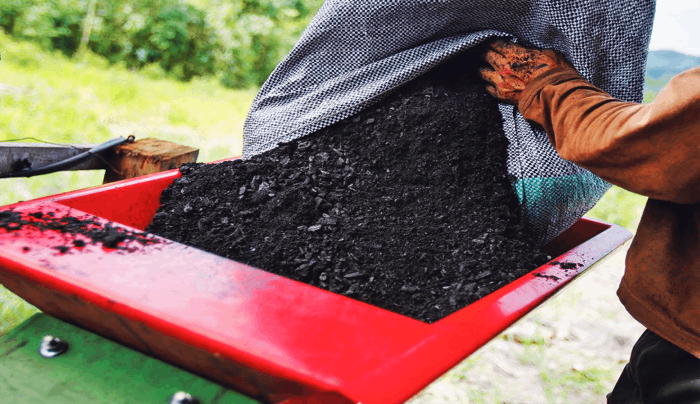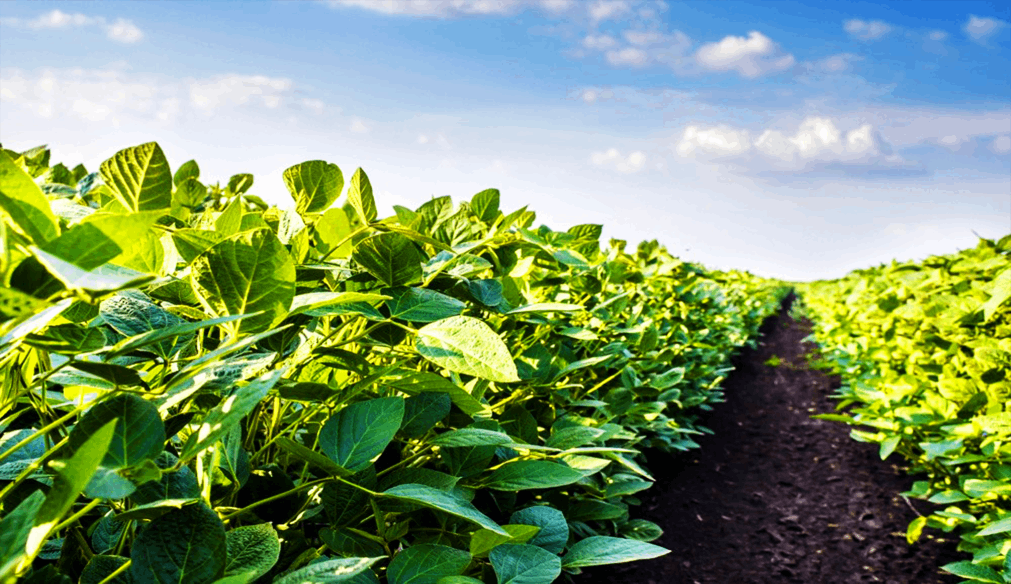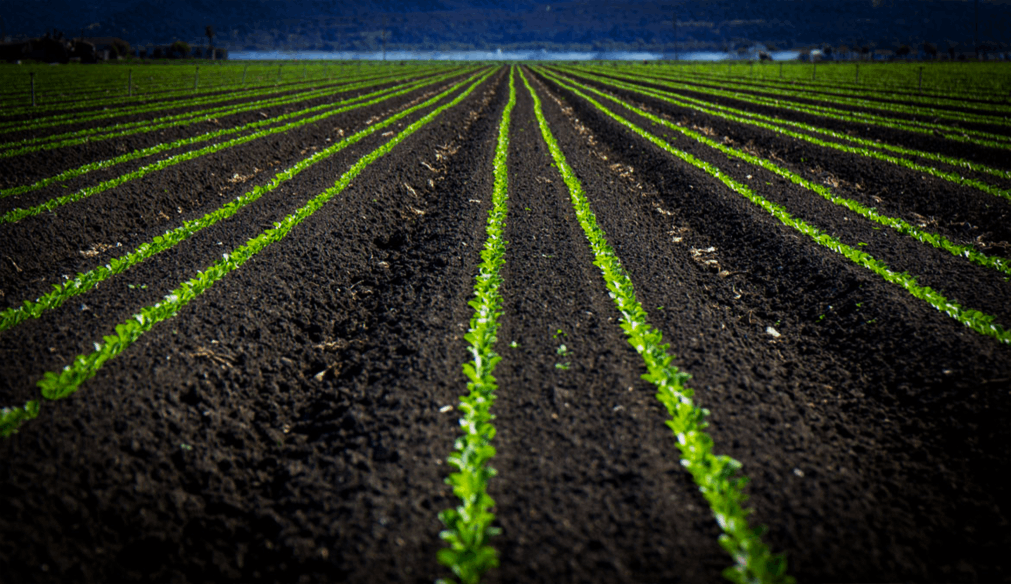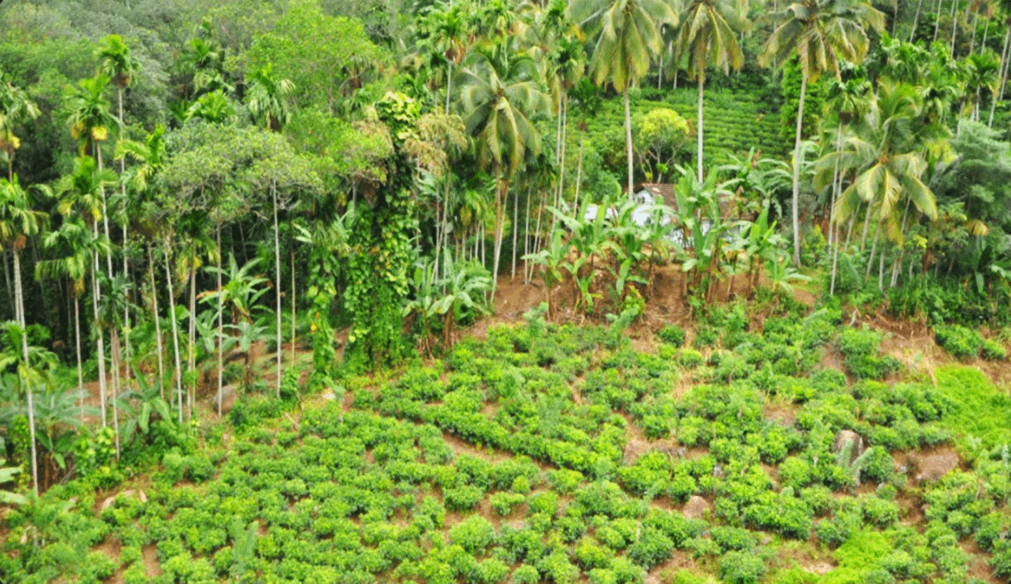Some fundamental challenges within agricultural practices comprise the enhancement of water retention and microbiota in soils, besides boosting the efficiency of fertilizers. The application of fertilizers and soil amendments and precise agronomic practices are required to mitigate these challenges while fortifying food security for the increasing population. Synthetic fertilizers have been long used to improve the productivity of agricultural soils, part of which leaches into the environment and emits greenhouse gases. The altered entity should be an entity that brings solutions to all the issues arising to go for sustainable productivity in agriculture. Considering the soil amendments, biochar will be a potentially beneficial remedy in many aspects.
What is Bio-Char
Biochar is a charcoal-like byproduct of the pyrolysis, or the anaerobic thermal decomposition of organic components such as plant residues. Biochar differs from ash because the pyrolysis of biomass leaves the carbon without emitting much CO2 and CO, whereas the ash is a result of the aerobic oxidation of biomass, which typically results in a salty amendment that has high potassium and other salts.
The origin and the use of biochar as a source to improve soil fertility is reported in the dark Amazonian lands, locally known as "Terra Preta do Índio". This soil has a horizon, which is rich in carbon and nutrients as a result of the accumulation of organic vegetable and animal residues which have been subjected to the intensive use of fire. The specialty of this material is the super adsorption capacity of nutrients and the maximized porosity and high specific surface area, which is super convenient for the beneficial microorganisms that nourish the soil. Therefore, biochar can bring significant benefits when applied to agricultural soils.

The production process of biochar can be done in two major ways such as low temperature, long time pyrolysis and high temperature, short time pyrolysis. When it comes to low temperature, long time oxidation, the yield of biochar is higher, while syngas and bio oil production are lower. The yield and quality of the biochar always depend on the pyrolysis process, temperature, and on the biomass source. At lower temperatures (between 400-500 C), as much as half the carbon from woody biomass is preserved. At higher temperatures (above 700 C), most of the biomass converts to syngas for energy production with only about 10-20% of the resulting residue as biochar. At the same time, the higher the biochar production temperature, the higher its adsorptive properties are.
When it comes to the sources of biomass that is used to produce biochar, the most effective sources are the hardest materials, such as coconut shells and high-density hardwoods. The properties of adsorption, maximizing the surface areas by creating pores, and the retention ability for thousands of years in the soil will be higher with a good source of biomass.
The potential and benefits are
Biochar has been found to have a positive impact on plant yields and the health of soil. In order to achieve the sustainability of agriculture, the retention of nutrients and water in soil are fundamental aspects to be addressed. The ability to increase yields without synthetic fertilizers or soil additives is a challenge for modern, sustainable agricultural methods. Carbon Dioxide emissions from fossil fuel use are now known to be the major driving force behind climate change. Capturing this atmospheric carbon can help slow the rising greenhouse gas emissions. Biochar is doing a great job in diminishing these issues.
Biochar does not break down and cycle plant nutrients back to the soil, does not readily feed soil biota or form organic glues. It is mostly to be seen as an additional nutrient and water storage enhancement (by 96%) in soils by reducing the bulk density of the soil with the high porosity of the material which may be stable for more than a thousand years.
Biochar increases soil temperature as it confers a dark colour which is associated with the capture of solar energy. This helps in growth of beneficial microbial communities and in the germination of seeds. Biochar even suppresses soil-borne plant pathogens. Researchers say that if the source of biomass is an olive tree, that helps in reducing the compaction of the soil which enhances the proper root proliferation.
Usually, biochar is used without any treatment, but recent research shows that physically or chemically modified biochar can be applied to improve performance. Anyway, biochar increases the Cation Exchange Capacity (CEC) of the soil, enhances the availability of nutrients, and increases the pH value of the soil, which allows for the maintenance of improved fertility in soil. Heavy-metal sequestration by sorption capacity of inorganic contaminants that come from agrochemicals (such as Arsenic, Lead, Copper, Cadmium, Chromium etc.) in both water and agricultural soils is another prominent characteristic of biochar.

Furthermore, biochar application could provide benefits such as enhanced soil carbon sequestration, enhanced phosphorus availability in highly weathered tropical soils, stabilization of soil organic matter, and improvement of microbial activities of large number of bacteria families such as Thermomonosporaceae, Streptosporangineae, Hyphomicrobiaceae, Bradyrhizobiaceae, etc. Therefore, this is a sustainable soil amendment that brings the bliss to the soil while food to the world. We Elzian Agro, as a modern aggrotech company, believes that the world should remain as it is for the future generations while we produce maximum yields from the soil. We have to nourish the soil now to nourish the future. Therefore, the sustainable approaches like these are the best practices which we have to promote among all the agricultural fields.
 Posted on 16 Feb 2022 - Author (Madhurya Bandara)
Posted on 16 Feb 2022 - Author (Madhurya Bandara) 


